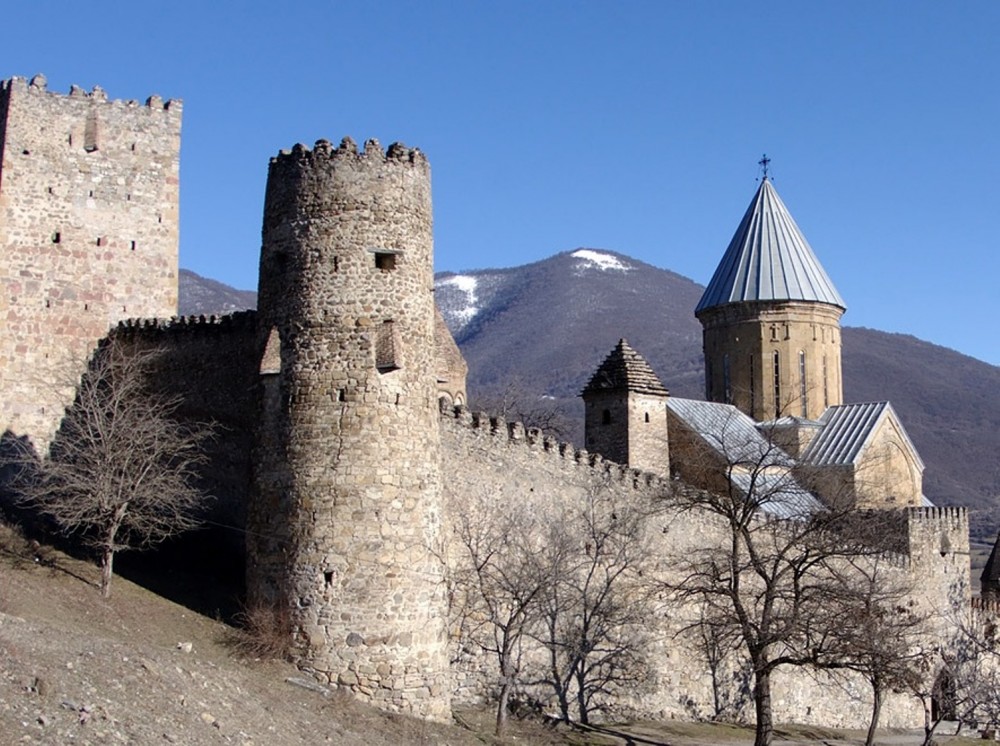
The Crusades had a significant impact upon the fate of the Georgian state. The Georgian royal court used the Europeans’ undertakings to its own advantage. The Georgian king David IV the Builder (ruled from 1089 to 1125) was well-aware of objectives pursued by the Crusade wars. The ruler’s clever approach to laying out the nation’s policy, predicated upon the relevant characteristics of the then-existing international situation, resulted in the Crusades overpowering the might of the Seljuq Turks, which successfully facilitated the stepping-up of efforts to wage a war of liberation on the part of the Georgians. In the East, David IV the Builder was viewed as a protector of Christianity. He, concurrently, was seen as a ruler with a tolerant policy toward Moslems and firm ties with the Moslem world, which was due to a special state of affairs inside and outside Georgia. Thus, the link between the Kingdom of Georgia and the Crusades hinged on certain political circumstances. Among the rulers known to have had dealings with the Crusaders are George III (1156—1187), Tamar the Great (1181—1213), George IV Lasha (1213—1222), Rusudan (1223—1245), and some others. Some of the original sources, like letters from foreign kings, mention with great regard the name of George V the Brilliant (1314—1346), considered a eulogist of Jerusalem’s holy places and a mainstay of Christianity. His activities did not have a direct linkage with the Crusades but, nonetheless, were a continuation of the struggle of their ideology. The solicitude of the Kingdom of Georgia toward Christianity would, eventually, pay off by helping boost its prestige and ensure its high standing internationally.
Source: Metreveli R. (2016). The Crusades and the Kingdom of Georgia. Crusader. Vol.(4), Is. 2: 63-80
Source web-site: http://www.ejournal29.com/journals_n/1481884301.pdf
Number of views: 10761